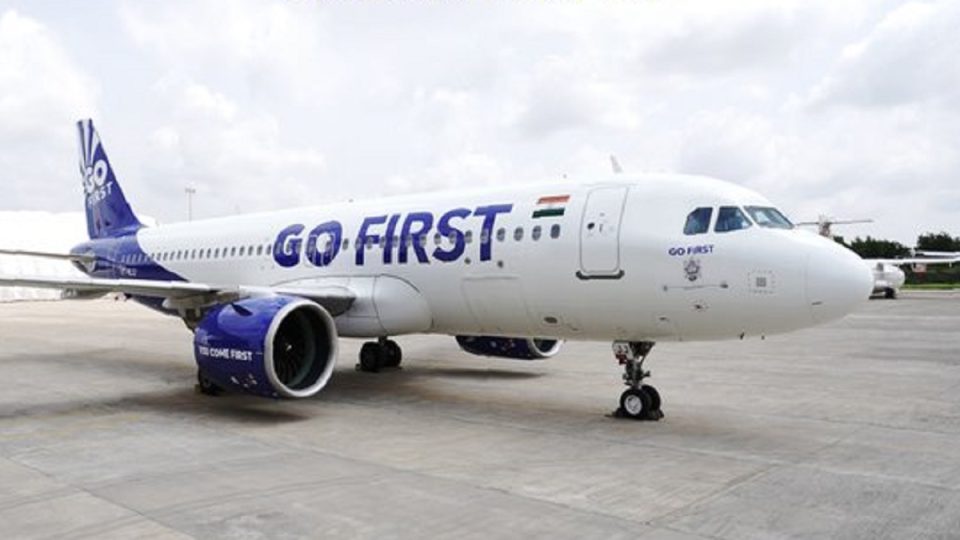Days after crisis-hit Go First grounded, the Centre asked airlines to keep fares affordable after the Centre saw airfares on some routes soar rapidly. Go First, which is undergoing bankruptcy proceedings, has been grounded since May 3.
In addition, the Ministry of Civil Aviation has asked airlines to ensure that the upper limit of fares on routes that are dominated by “first come, first served” will not be too high.
“There should not be a huge gap between the upper and lower ceiling. Airfares should remain moderate,” PTI quoted a senior government official as saying. The Centre has no intention of adjusting ticket prices, he said.
The period between April and June is considered peak season for airlines, as schools are out for the summer and many people travel for leisure.
The official highlighted capacity as an issue and hoped Go First’s early resumption of flight operations would help alleviate the situation ahead of the peak travel season in June.
Go First has cancelled flights till May 26. In addition, India’s top airline IndiGo, which has a 54.6% market share, has grounded many planes due to Pratt & Whitney’s engine problems, while Delhi-based low-cost carrier SpiceJet is also facing financial troubles.
Go First’s top five routes include Delhi-Srinagar, Delhi-Leh, Mumbai-Goa, Delhi-Mumbai and Delhi-Pune.
The government has observed a rapid spike in spot ticket prices on these routes after cash-strapped airlines pulled out.
For instance, the average one-way spot fare on the Delhi-Leh route surged by 125% to an average of Rs 13,674 during May 3-10 compared to the April 20-28 period, according to the report citing data shared by the travel portal Ixigo.
On March 16, Civil Aviation Minister Jyotiraditya Scindia informed the Lok Sabha that fares for airlines are neither fixed nor regulated by the government.
 Live
Live

